The Boeing (NYSE: BA) strike, led by the International Association of Machinists (IAM), has now entered its second week, halting production of key aircraft models, including the 737, 767, and 777, at the company’s Washington State facilities. Aviation analysts estimate that Boeing could be losing between $100 million and $150 million per day due to the work stoppage. This financial strain comes as Boeing had been preparing to finally return to profitability after years of losses exacerbated by the COVID-19 pandemic and ongoing production issues.
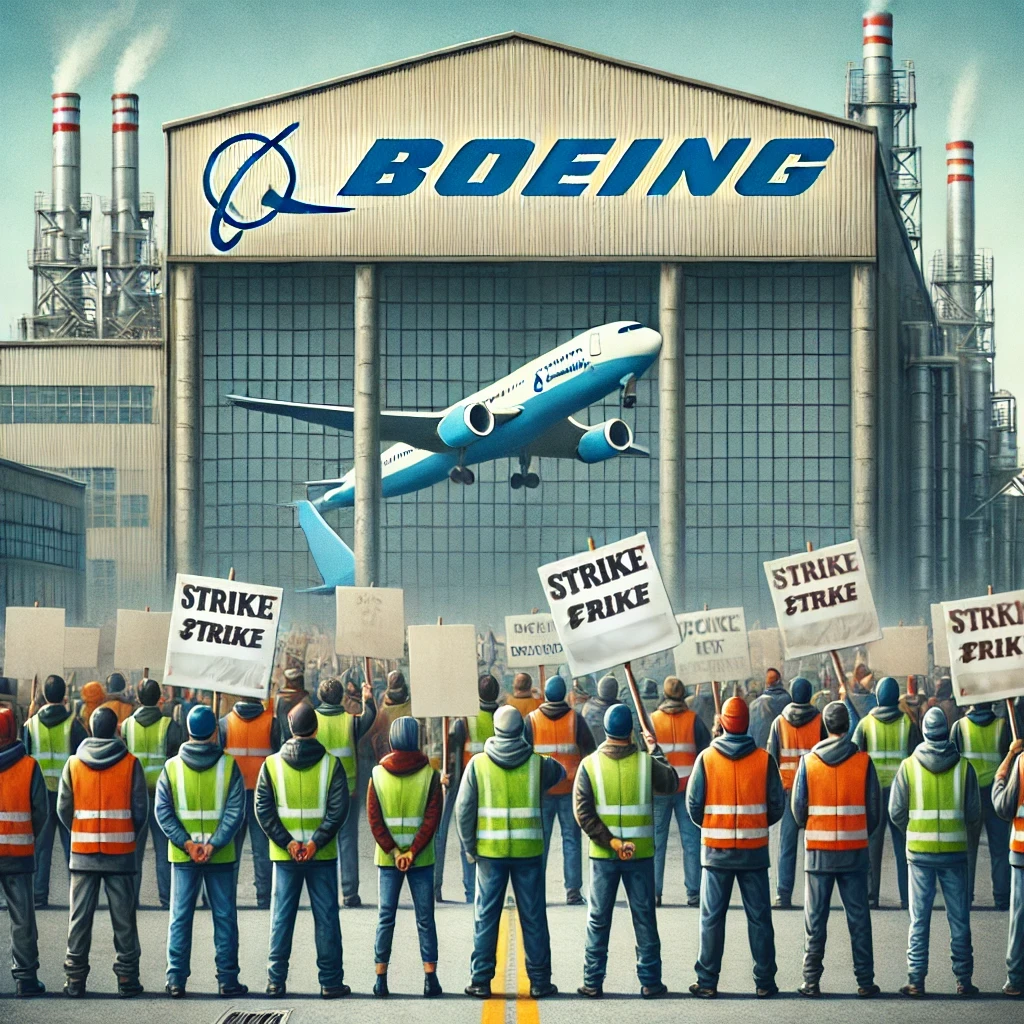
The strike was triggered after the union demanded a 40% wage increase over three years, while Boeing’s initial offer was 25% over four years. Despite IAM leadership recommending that members accept the offer, union workers overwhelmingly rejected it, with 94.6% voting against. Boeing was caught off guard by the union’s decision to strike, given the leadership’s endorsement of the offer, and has since scrambled to find a solution to the impasse.

Earlier this week, Boeing returned to the negotiating table with what it called its “best and final offer.” The updated proposal included a 30% wage increase over four years, starting with a 12% raise in the first year, followed by 6% raises in each of the next three years. Boeing also included a $6,000 ratification bonus and performance-based bonuses as part of the new offer. However, the union swiftly rejected this offer, with IAM negotiators criticizing Boeing for making the proposal without first consulting union leaders.
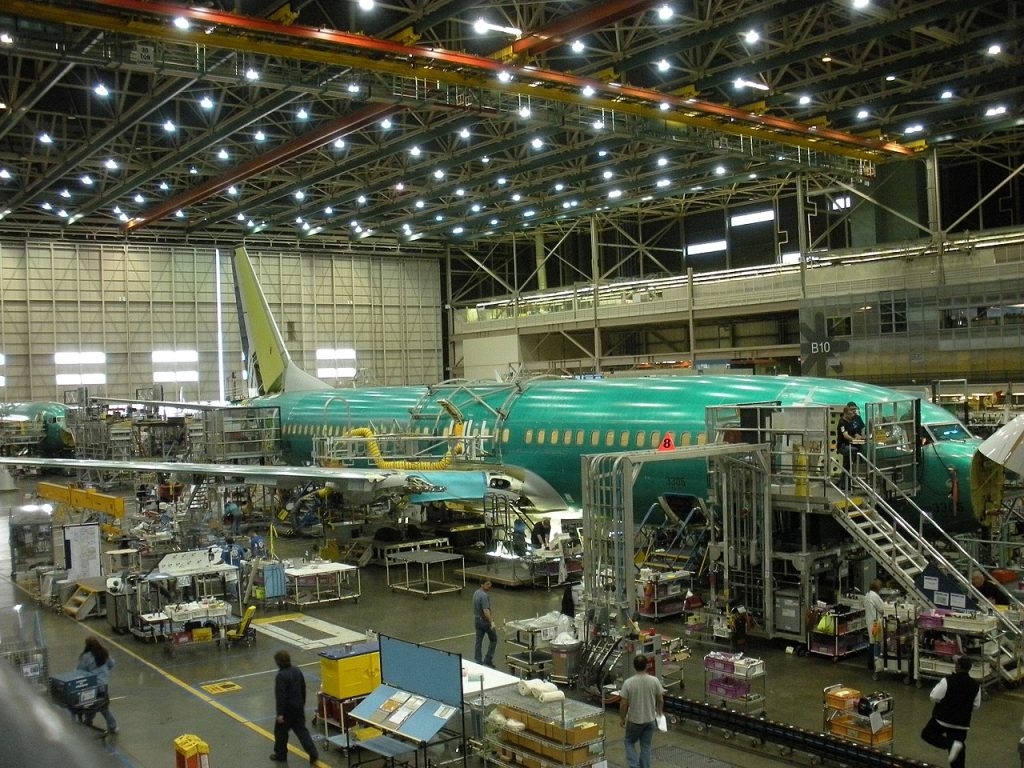
The union’s negotiating team expressed frustration, calling Boeing’s move a “blatant show of disrespect” and insisting that the 30% wage hike still did not address the workers’ concerns. Tensions between the two sides have since escalated, and the likelihood of a swift resolution appears slim. Initially, Boeing demanded the union accept the offer by Friday, but the company has since backed off that deadline, giving the union more time to consider the deal.

The ongoing strike has put Boeing in a precarious position. Analysts estimate the company could be losing as much as $4.5 billion per month if the strike drags on, a significant setback for a company that has been striving to return to profitability. Boeing reported losses in both 2022 and 2023, and had been aiming to turn a profit in 2025. These goals are now under threat as the strike prolongs and labor costs potentially rise.
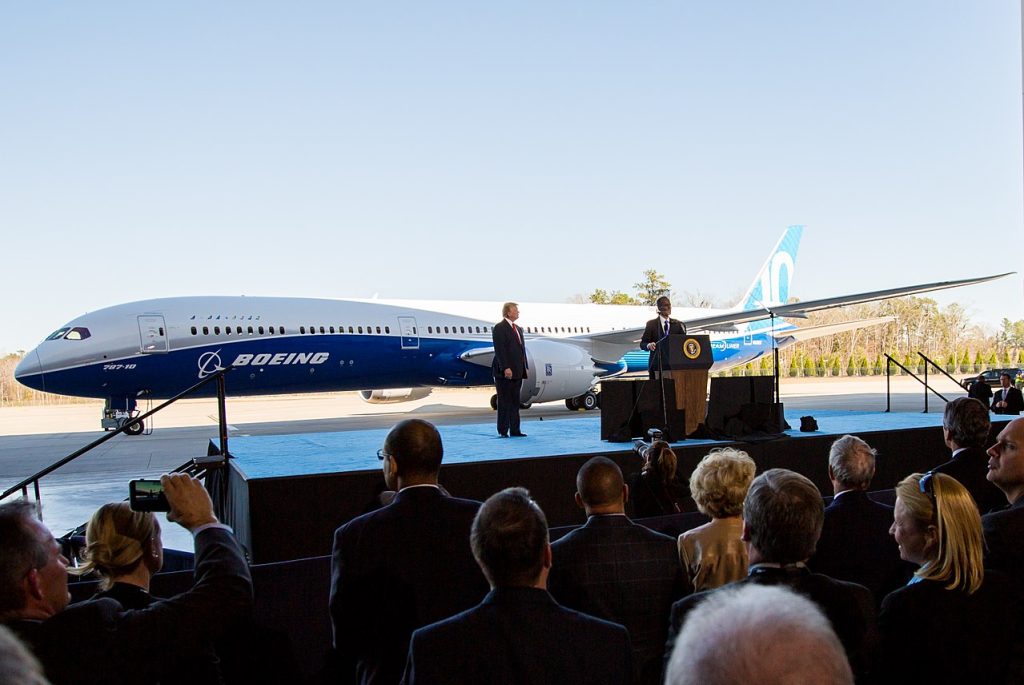
Historically, Boeing has faced similar challenges. The last IAM strike in 2008 lasted two months, but the company eventually reached an agreement. However, Boeing’s current financial situation may not allow for such a prolonged disruption. The company’s debt stands at $54 billion, and two months of losses at current rates could severely impact its financial health.
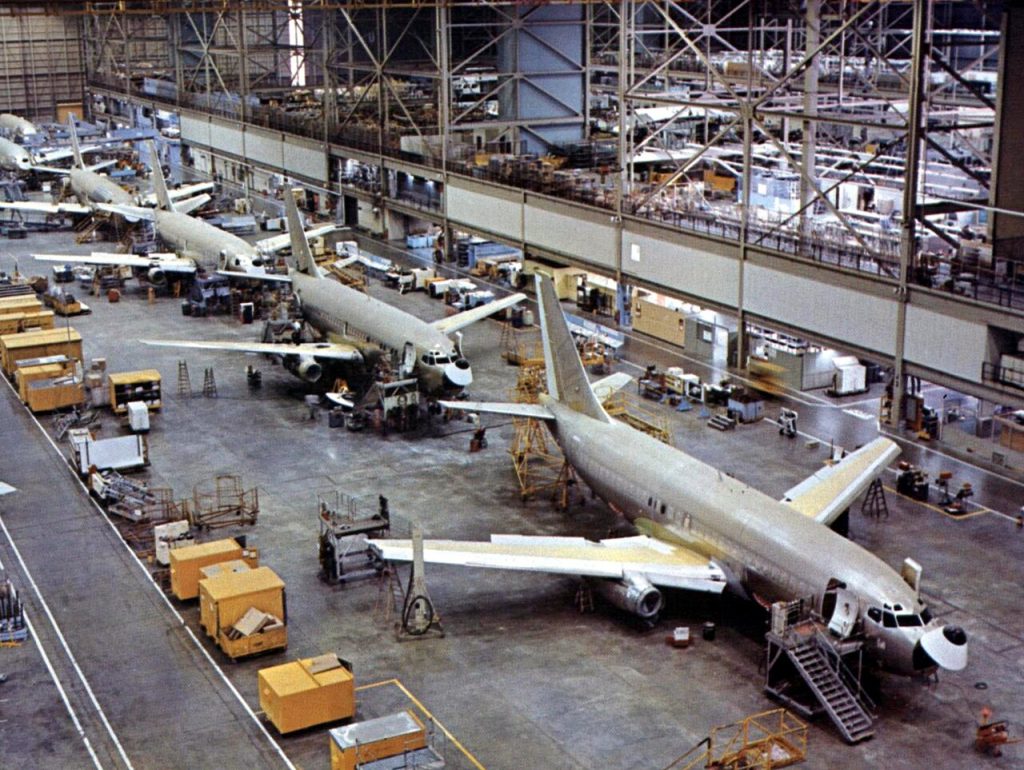
In the near term, Boeing faces the risk of a significant hit to its 2025 profits if it concedes to the union’s demands. Labor costs are estimated to account for about 25% of Boeing’s total expenses, and if the IAM secures its desired 40% wage increase, Boeing’s annual labor expenses could increase by $6.8 billion over the next four years. This would drastically cut into projected profits for the company, with analysts forecasting an $8 billion profit by 2028 — a figure that could be reduced substantially by the rising labor costs.
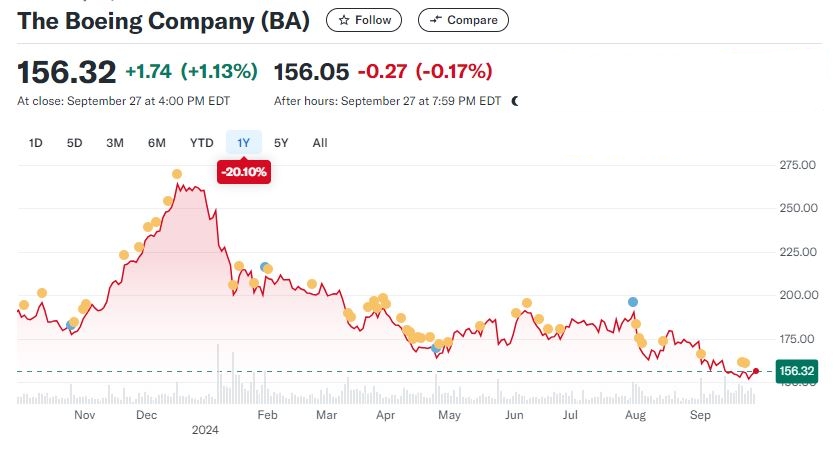
As negotiations continue, the pressure is mounting on both Boeing and IAM to find common ground. Boeing’s need to end the strike quickly without further damaging its financial outlook, combined with the union’s strong bargaining position, makes the path forward uncertain. Investors will be watching closely to see how the situation evolves and what long-term impact this labor dispute will have on the aerospace giant’s profitability.





